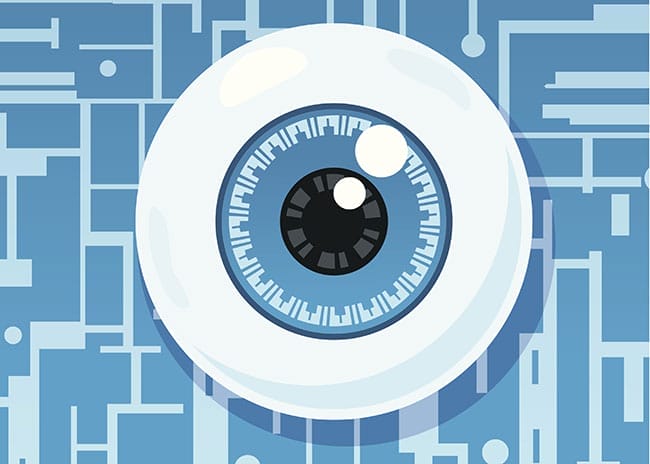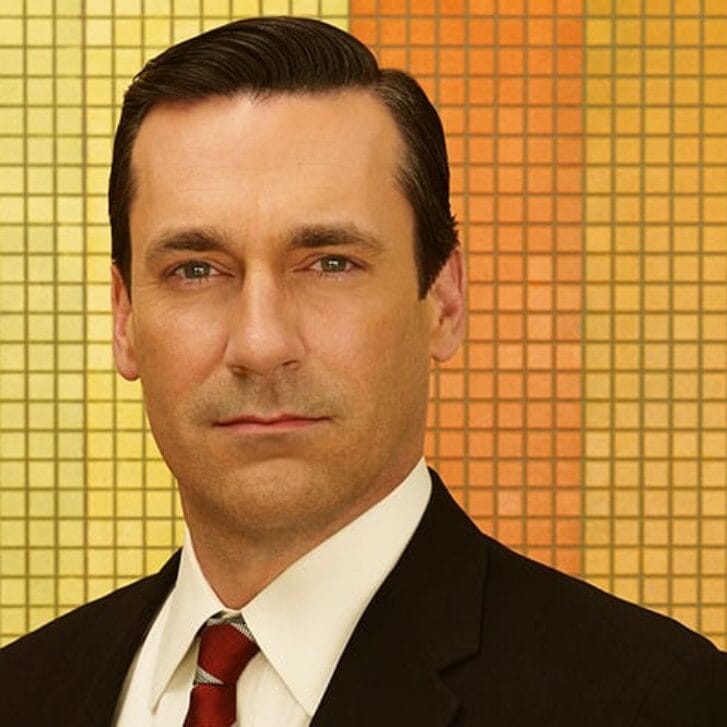According to legend, Lady Godiva rode naked through 11th century Coventry, England, in order to persuade her husband not to tax the townspeople so heavily. The only person to look at her as she rode by was a man named Tom. From that time on, “Peeping Tom” has become a synonym for someone who secretly watches others. Today, there are laws in practically every U.S. town that would lead to the arrest of any Peeping Tom.
Well, why don’t we arrest the thousands of companies who are Peeping Toms on the Internet?
Today, e-business is built on two models, Peeping Toms and “free lunches.” For example, Google and Facebook are two very large companies that provide a range of free services. These useful services attract billions of consumers from whom these megacompanies profit by creating a variety of data stalking systems and techniques, further fueling the free services. For consumers, the cost of the free lunch is the loss of control, or even voice, in following the rules of the road for riding on the Internet’s information highway.
This raises a host of issues that we need to face:
Privacy
Edward Snowden “spying” raised a hue and cry over government agencies breaching consumer privacy. However, this was not accompanied with a similar uproar over businesses that continuously track the movement of each of our fingers on our smartphones or computers.
Profit sharing
The mining of consumer data is a major resource that leads to the selling of goods and services upon which profits are based. The need for some form of Internet-based profit sharing has been a subject of discussion without any formal resolution since the Internet was created. As noted by Jaron Lanier in his books You Are Not A Gadget (2010) and Who Owns The Future (2013), and by Walter Isaacson in The Innovators (2014), computing pioneer Ted Nelson proposed a hypertext network in the 1960s—decades before the actual advent of the Internet. The network, which involved the producer and the user of data, would also be used to share profits in a digital economy … which has largely been ignored.
Regulated Utilities
Every aspect of the Internet, including the cloud, is a public utility. But recently emerging utilities, such as cable, computer and Internet companies, are only loosely regulated. Traditional utilities, like the telephone and electric companies, have tight controls over technology use. In return for payment to the utility service, the consumer is protected. Telephone conversations are totally private unless a court-ordered writ permits invading that privacy. Electricity usage is also protected from abuse. Neighbors are prohibited from tapping into my electric service.
But for e-businesses acting as public utilities that provide access to the Internet, there are no similar utility regulations that provide consumers protection to limit or eliminate Peeping Toms and stalkers. Nor are there rules or provide opportunities to share in the value of our personal data.
This may be changing. Here are but two recent calls for oversight:
“The good reason for worrying about the internet giants is privacy. It is right to limit the ability of Google and Facebook to use personal data: these services, should, for instance, come with default settings guarding privacy, so companies gathering personal information have to ask consumer to opt in.”
“Codes of conduct developed by companies are a start, but we need information fiduciaries: independent, external bodies that oversee how data is used, backed by laws that ensure that individuals can see, correct and opt out of data collection.”
—Zeynep Tufekci and Brayden King, The New York Times, Dec. 7, 2014
For those of us who graduated Wharton in the 1950s, 1960s and 1970s, today’s marketing and selling of products and services represents a 180-degree turn in the economic model we were using. Ours was based on “broadcasting” to masses of consumers, utilizing print and emerging TV and cable media to attract consumers. The advent of the hand-held electronic devices for each person in the 21st century permitted “narrowcasting”—goods/services packaged for each individual. Coupled with a free lunch strategy, those devices opened the door to the Peeping Tom strategy.
What is missing is an implicit or explicit contract for e-business consumers, which would provide a more balanced model of benefits and costs for both parties. In some respects, today’s Internet is in a period that one might compare to the Wild, Wild West. This is particularly true since free lunches, along with Peeping Toms and stalkers, open the door to continuous hacking that creates an economic and emotional burden for economies worldwide.
In his recent Wharton Blog Network post discussing the relationship between consumers and businesses, David A. Schweidel, C’01, GRW’04, GRW’06, professor of marketing at Emory University, noted the risks of a Peeping Tom marketing strategy:
“If businesses don’t consider what consumers have to gain from the relationship, then businesses risk being ‘voyeurs’ who snoop on consumers rather than serving as a platform to actively engage consumers.”
This begs the question: Has the time arrived for a new contract for e-business consumers?

























